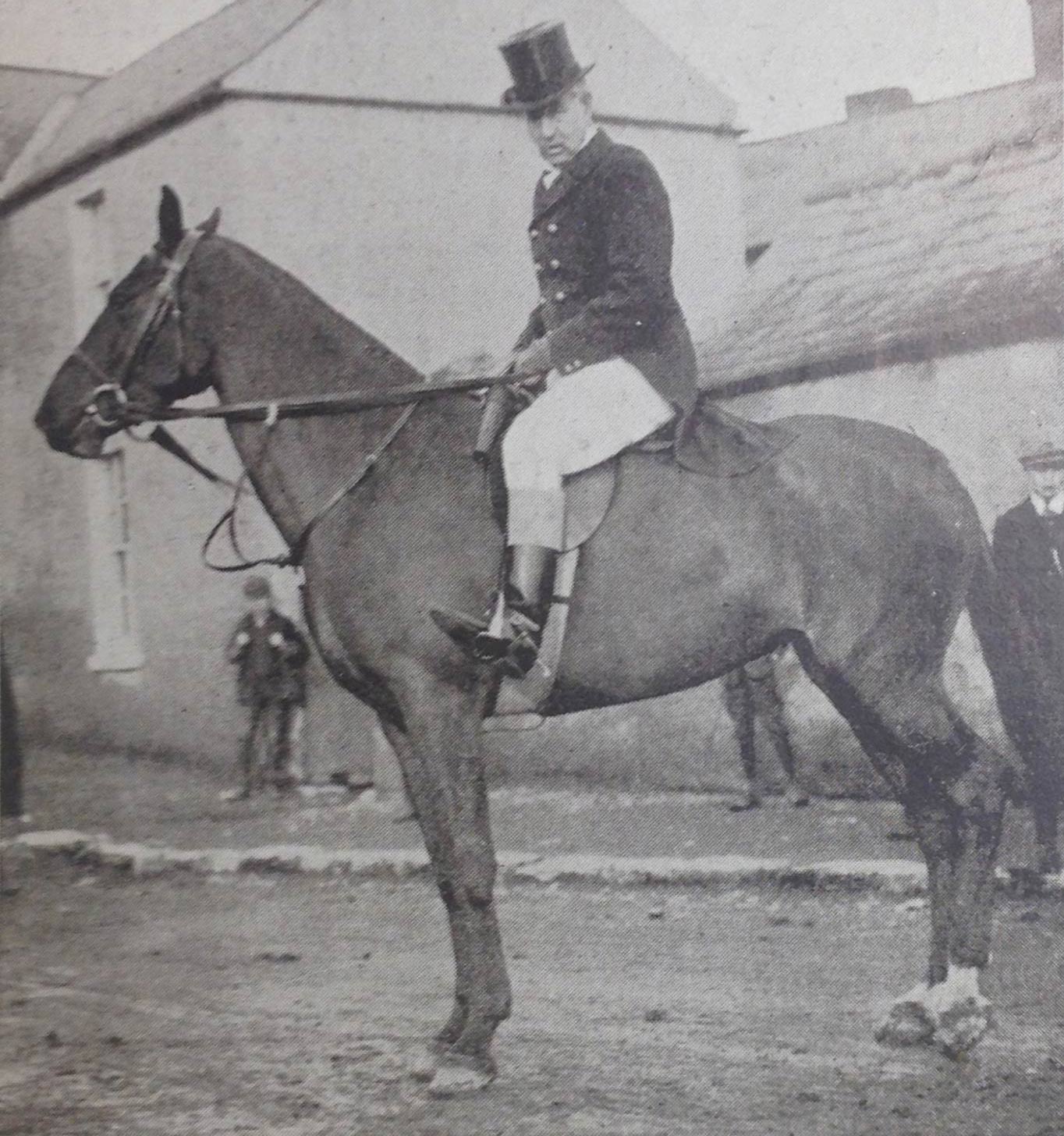Earl of Mayo claims the Irish Volunteers would run away from Germans
London, 14 January 1915 - The Earl of Mayo has declined to withdraw comments he made in the House of Lords in which he claimed the Irish National Volunteers would be routed if Germany were to invade Ireland.
Lord Mayo said: ‘The Irish Volunteers are not taken seriously. We think if the Germans landed the Irish Volunteers would most likely run away.’

German soldiers: Lord Mayo thinks that should they land in Ireland, the Volunteers would be powerless to stop them. (Image: Wiener Bilder, 3 January 1915, Austrian National Library / ANNO)
Having being criticised for his comments, Lord Mayo issued a statement in which he said: ‘If I have spoken strongly and roughly on this subject, I only trust it may have the effect of bringing home to Irishmen the seriousness of this war and the dangers we incur, and may I say there are times when people should speak plainly and tell the truth.’
Lord Mayo repeated his view that, although Irishmen were brave, the Volunteer force was one which could not be relied upon: ‘The Irish National Volunteers are not at present properly drilled, properly armed, or properly equipped. What chance would they have against German disciplined troops landed to Ireland?’
He continued: “An undisciplined and improperly trained force can never stand against disciplined troops, and if I put the matter crudely and somewhat rudely I trust my countrymen will forgive me.’
[Editor's note: This is an article from Century Ireland, a fortnightly online newspaper, written from the perspective of a journalist 100 years ago, based on news reports of the time.]





















